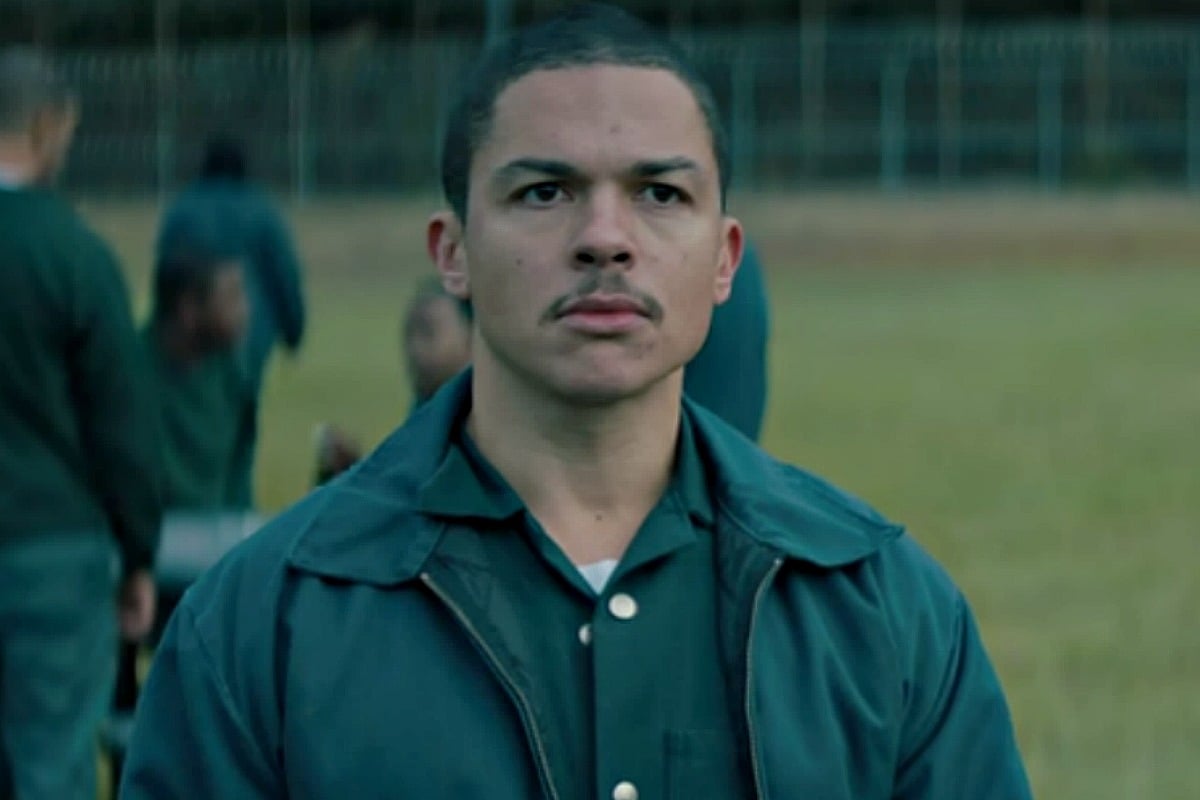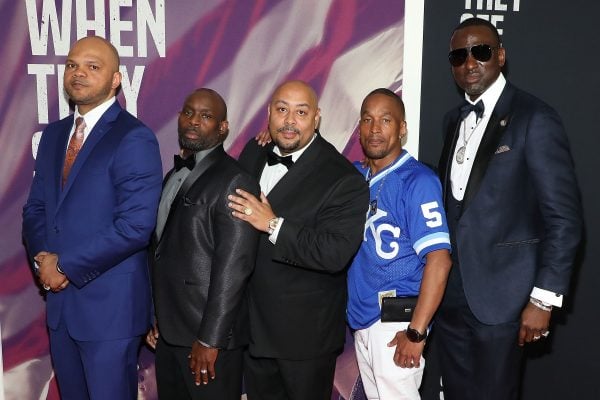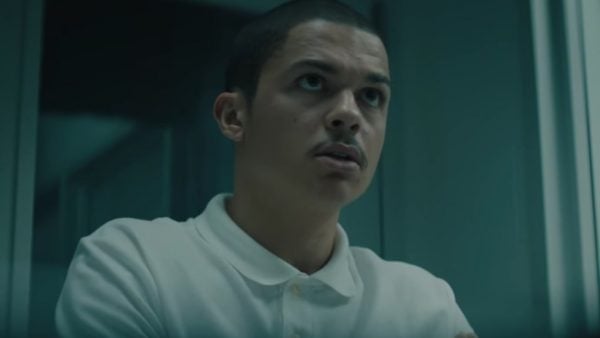
In 1989, Matias Reyes was working in a deli in Manhattan packing shelves.
The muscular 18-year-old was a loner, and his only real acquaintances were his customers.
He had a low IQ and dropped out of school in ninth grade.
His reports noted that he was “emotionally disturbed”.
Despite moving from Puerto Rico to New York City to be with his mother as a child, as an adult he slept in his van around the corner from work.
Watch the trailer for When They See Us based on the story of the Central Park five below, post continues after video.
In late 1988, he committed his first attempted rape.
Armed with a knife, he attacked a 27-year-old woman in the pews of a street church, choking her.
She persuaded him not to rape her.
In the April of 1989, he attacked, beat, and raped a 26-year-old woman in Central Park, before being disturbed by a passerby.
The victim noticed he had stitches in his chin, and a detective tracked down a medical centre and Reyes’ name, but that evidence was never followed up and went cold.



Top Comments
Better late than never. Imagine the lives of these 5 men if Reyes didn't confess at all